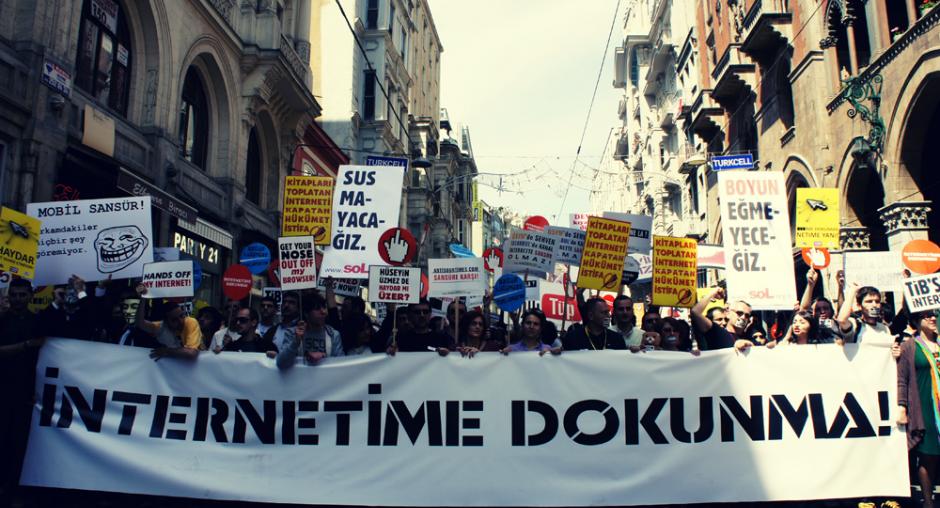Regulating the Internet is like herding cats
Though the issues are complex, the answer is simple: the Internet must remain free.That’s the position of the OSCE Representative on Freedom of the Media, Dunja Mijatović.
"While governments do have a limited role to play when it comes to Internet content, any restriction is legitimate only if it is in compliance with international norms, is absolutely necessary for the functioning of a democratic society and is set out specifically in a nation’s laws,” she says. “Frankly, many of the arguments used for content control are disingenuous. In the end, the controls are intended to quell dissenting voices in a country".
Blocking access to websites and social media such as Facebook and Twitter is doomed to fail. Even if done in a technologically effective way, it’s still akin to herding cats, a waste of time, as there are unlimited ways to bypass the restrictions.
While governments do have a limited role to play when it comes to Internet content, any restriction is legitimate only if it is in compliance with international norms, is absolutely necessary for the functioning of a democratic society and is set out specifically in a nation’s laws.
Dunja Mijatović
Still, the Internet is not free by nature but by design and many technical means of content control endanger the free Internet as we know it today.
OSCE-wide survey
Mijatović recently commissioned an OSCE-wide survey of laws and regulations affecting the Internet. She says it reveals a worrying trend: participating States’ attempts to regulate online content and availability are increasing.
Access to the Internet is a fundamental human right, as affirmed by the United Nations in a June 2011 report by the Special Rapporteur on the Promotion and Protection of the Right to Freedom of Opinion and Expression. Only two OSCE countries have laws recognizing this right. Seven have legislation in place to limit access.
In many participating States, provisions to criminalize hate speech or incitement to terrorism on the Internet are worded vaguely, leaving them open to misinterpretation.
There is an increasing use of the disproportionate three strikes measure against Internet piracy, which cuts off a user’s Internet access at a third attempt to download material that violates copyrights. Proposed intellectual property laws in the United States and the European Union put too much responsibility on the shoulders of Internet service providers to police traffic and make decisions about cutting off access.
A number of states have started blocking access to unwelcome websites and social media platforms hosted outside of their legal jurisdiction. Their policies, even if voluntary, often lack transparency and are incompatible with the right to information. So is the total suspension of Internet access in emergency situations that is legally foreseen in some countries.
The report, Freedom of Expression on the Internet, prepared by the Turkish law professor Yaman Akdeniz, analyzes data from 46 participating States and provides recommendations for an open Internet. It is available in English by writing to the Representative at pm-fom@osce.org and in English and Russian by accessing www.osce.org/fom/80723.

